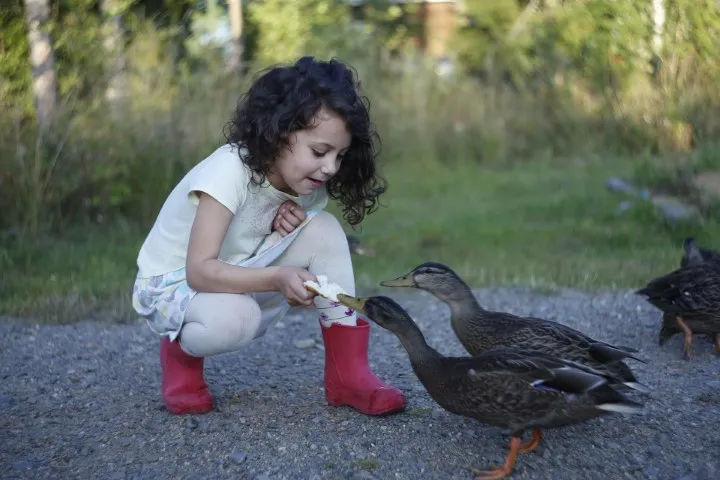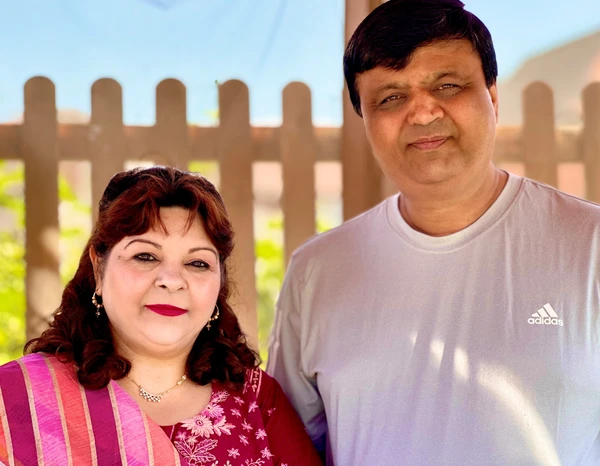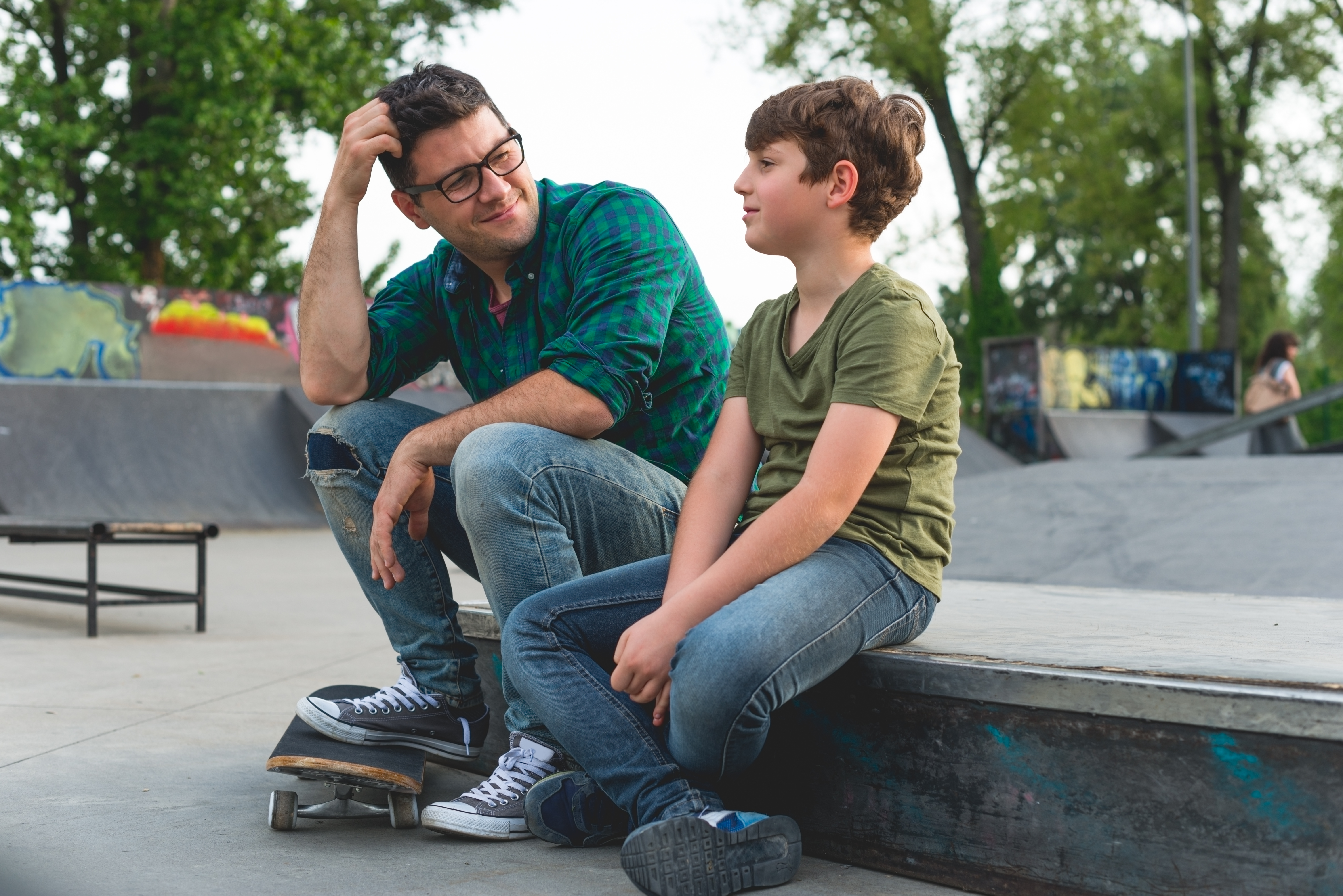Unaccompanied Asylum Seeking Children
Children from all backgrounds might need the love and support of a foster carer at some time. But this is especially true of child refugees or unaccompanied asylum-seeking children.


Unaccompanied Asylum Seeking Children
Children from all backgrounds might need the love and support of a foster carer at some time. But this is especially true of child refugees or unaccompanied asylum-seeking children (sometimes referred to as UASC).
The Home Office’s definition of an unaccompanied asylum-seeking child is: 'children outside their country of origin to seek asylum in the United Kingdom, are separated from parents and relatives, and are not in the care of someone responsible for doing so.'
UASCs are often over 15, but some are younger.
The majority are boys who come from various countries. Recent countries include Afghanistan, Iran, Eritrea, Somalia, and China. Conflict zones such as Syria also result in children leaving their home countries.
When a child arrives in your home the following needs to be considered:
-
Tiredness
-
Trauma – Past trauma can impact on physical and or psychological health.
-
Health, behaviour and social presentation can be affected by trauma. The journey itself as well as their previous living situation may have been the source of the trauma.
-
Bewilderment – through the alien culture, systems and language
-
Anxieties might be raised by another person asking similar painful questions around family, reasons for coming, explanation of journey and so on.
-
Famine and poverty – Often young people seeking asylum have come from deprived backgrounds and this can have an effect on development.
-
Physical Appearance – Life experience and trauma can affect this, as well as a lack of nourishment, which can make a young person look younger or older.
-
Family – It is important to recognise the role of the extended family and communities in some cultures, rather than maintain a European view of the ‘family’ as being the best.
What does UASC fostering involve?
-
UASC have the right to a school place. They need access to medical appointments, counselling services, and a safe and stable household.
-
Foster carers have an important part to play in supporting young refugees through the asylum process, from helping with practical issues such as ensuring young people are supported to attend meetings and interviews with their solicitor and the Home Office to emotional support for children and young people going through the asylum system, which is extremely stressful.
-
You are providing the young people with safety, support, and a chance to recover from the trauma they experienced in their past. In turn, this will give the young people the necessary tools to take on the challenges that lie ahead.
More information

Five years of love: Tina's fostering journey
Tina cares for an Unaccompanied Asylum-Seeking Child and took them overseas to immerse him in his culture and helped teach him a new language.

Read foster carers Ansar and Jehan's story
They said "Our first foster child was a refugee who could not speak or understand English, so we used Google translate and pictures of food, drinks, clothes etc to communicate.

Foster Carer Lorraine provides vital support for Rashid.
Lorraine has provided vital support to help Rashid adapt to living in the UK and go on to witness his incredible accomplishments with the completion of his Silver, Bronze and now Gold Duke of Edinburgh Award.
Other types of fostering

Short term
Short-term fostering is when a child or young person lives with a foster family on a temporary basis.
Short-term
Siblings
More than 12,000 children in care are living without at least one of their siblings. Going into foster care can be traumatic for a child, and being separated from their siblings can worsen this.
Siblings
Permanence
The aim is to offer children a secure, stable, and loving home to last through childhood and beyond, providing a sense of security, continuity, commitment, identity, and belonging.
Permanence

